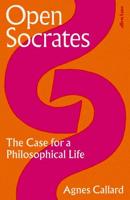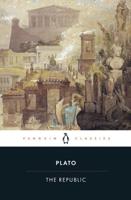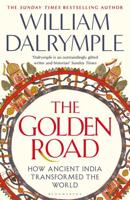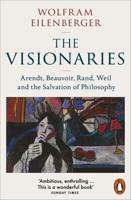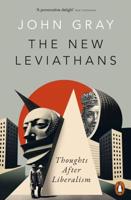Publisher's Synopsis
Excerpt from Aristotle's Criticisms of Plato
The tentative tone of both of these passages would be quite unintelligible had Aristotle believed in the identity of 'the unlimited' in sensibles with 'the unlimited in Ideas. Consequently when in Phys. Iii. We read that Plato's amipov 'existed both in the world of sense and in the Ideas', there is no reason to conclude that this c'iireipov is for both numerically the same. In Met. A. 6. 988 a 10, Aristotle states that the Ideas result from two causes formal - arc �'v, material - the Great and the Small. Pheno mena also arise from two causes: formal - the Ideas, material - the Great and the Small. Now, were the material cause identical for both Idea and phenomenon, this passage would mean that the Ideas, which determine the great-and-small, are yet themselves partly the result of that great-and-small, a contradiction which there is as little reason for attributing to Aristotle as to Plato.
About the Publisher
Forgotten Books publishes hundreds of thousands of rare and classic books. Find more at www.forgottenbooks.com
This book is a reproduction of an important historical work. Forgotten Books uses state-of-the-art technology to digitally reconstruct the work, preserving the original format whilst repairing imperfections present in the aged copy. In rare cases, an imperfection in the original, such as a blemish or missing page, may be replicated in our edition. We do, however, repair the vast majority of imperfections successfully; any imperfections that remain are intentionally left to preserve the state of such historical works.




